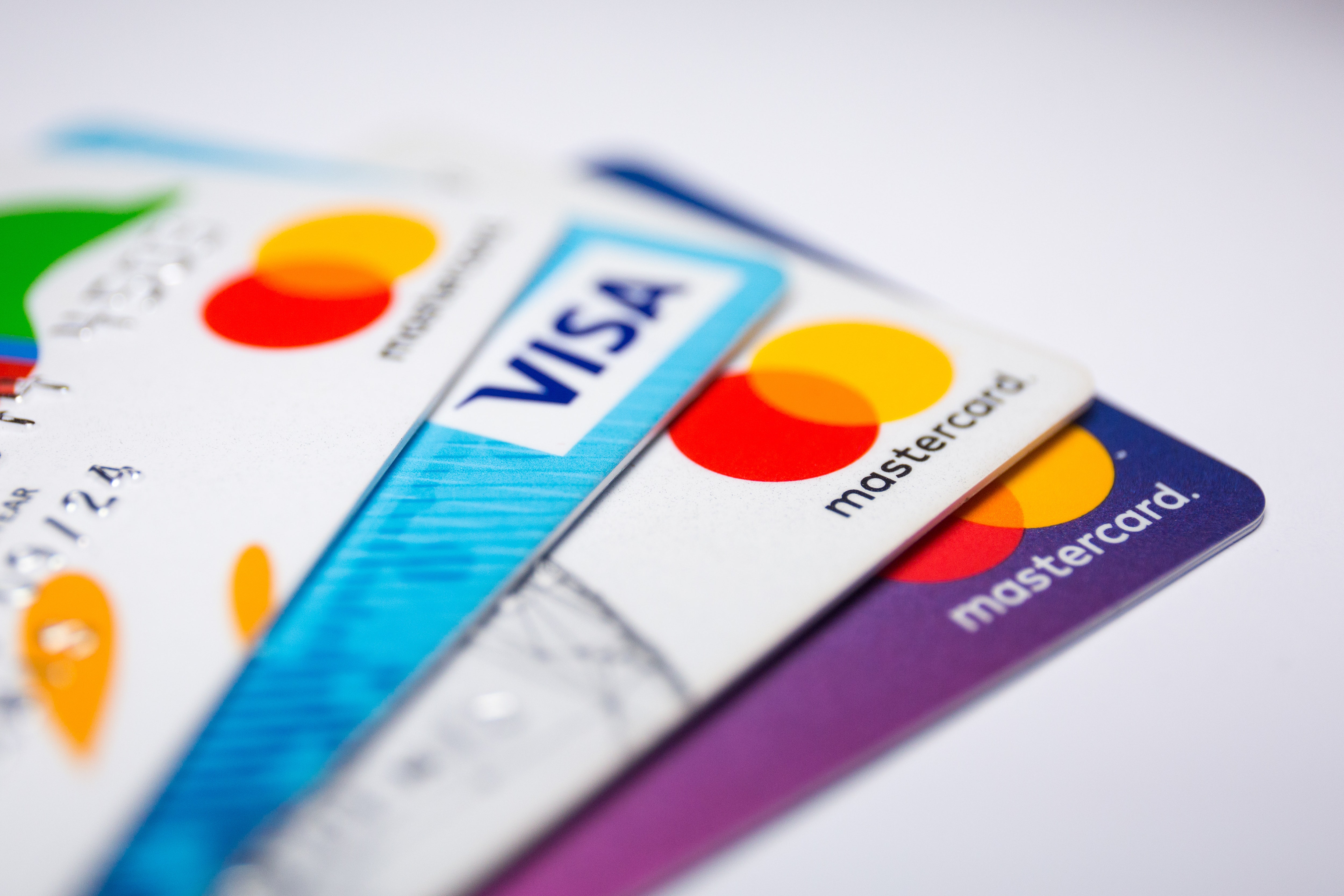These mistakes could tank your credit score

Credit scores can have a significant impact on your financial health, and knowing the difference between a score of 550 and 780 can mean the difference between financial struggle and stability. While these numbers may seem like they’re just 230 digits apart, they represent bad and good credit scores, respectively.
If you’re not regularly checking your credit score, now is the time to start. Small mistakes are more common than you may think, and they can have serious consequences on your credit score. Here are some of the most common credit report mistakes to watch out for and how you can fix them.
Step 1: Get your free credit report
The three major credit reporting agencies – TransUnion, Experian, and Equifax – are required by law to provide you with one free credit report per year. You can request a copy from each agency online, by phone, or by mail. It’s important to check your credit report regularly to catch any errors that may be impacting your score.
Step 2: Look for common mistakes
Some common mistakes to look out for on your credit report include typos or incorrect information, accounts you don’t recognize, duplicate entries, incorrect account information, and outdated information. These errors can negatively impact your credit score and should be addressed promptly.
Step 3: Report anything strange
If you spot any errors on your credit report, don’t panic. Make a note of the discrepancies, gather any supporting documentation, and file a dispute with the credit reporting company via mail, phone, or online. Be sure to follow up on your dispute to ensure it is resolved in a timely manner.
In addition to checking your credit report, it’s also important to be aware of your Employment Data Report (EDR) maintained by Equifax. This report contains information about your employment history, including past salaries, and can be accessed by potential employers and debt collectors. You can freeze your EDR to prevent unauthorized access and ensure the accuracy of the information.
By taking these steps to monitor and correct errors on your credit report and EDR, you can protect your financial health and maintain a good credit score. Don’t let small mistakes derail your financial stability – stay vigilant and proactive in managing your credit information.




